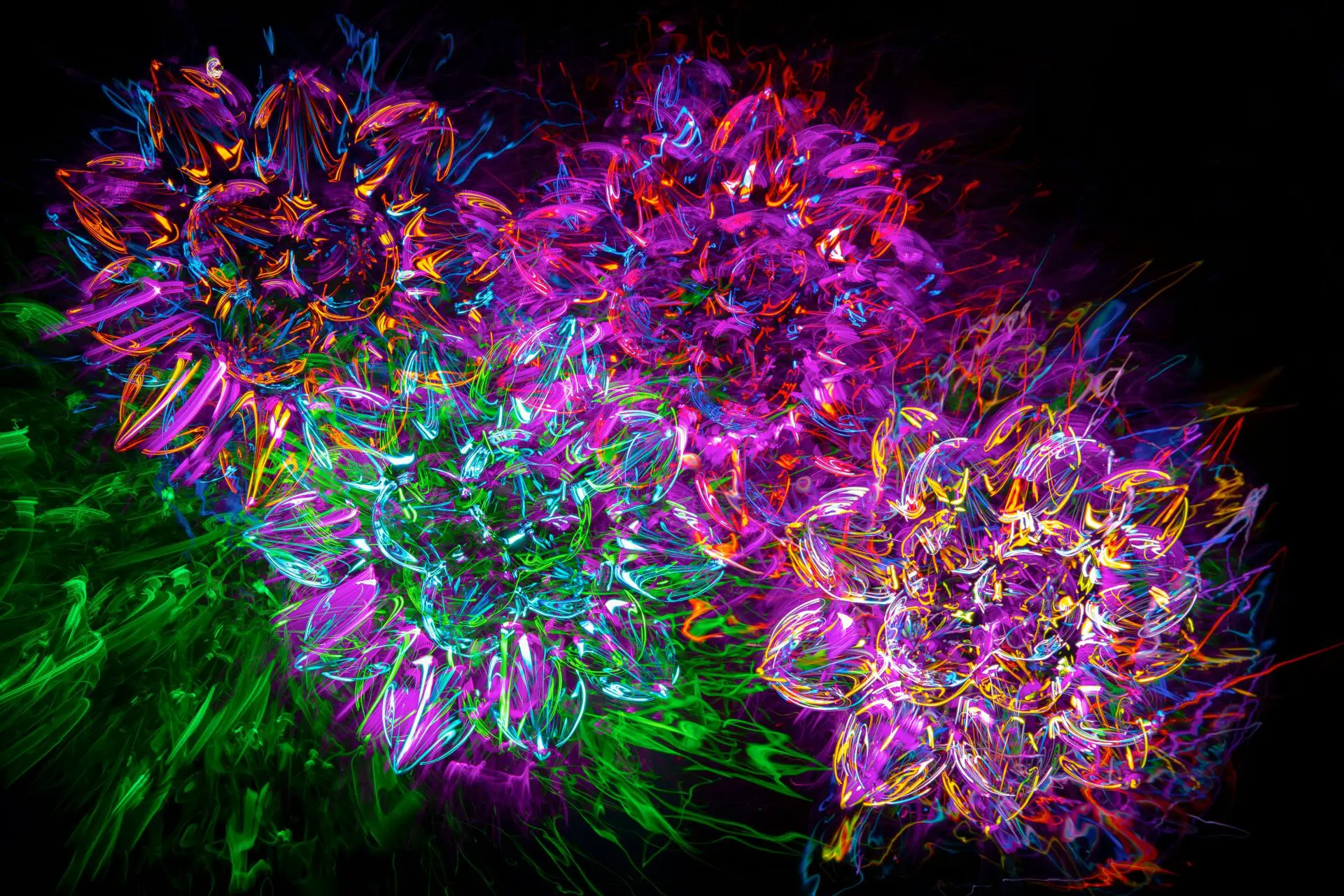Afterlife in Judaism: Gan Eden and Olam Ha-Ba

Looking for more amazing products? Check out our online store and explore our collection here! Happy shopping!
Before diving in, please note: This post is for informational purposes only. If you’d like to know more about how we approach topics, feel free to check out our friendly Disclaimer Page.
Hey there, amazing readers! 
We’re committed to delivering quality posts, and your support (even just sticking around despite the ads) means everything to us. So, bear with us, and thanks for helping us keep the good vibes rolling. Now, on to the fun stuff!
TRANSLATE BUTTON AT THE END OF THE ARTICLE
A Quick Overview
In Judaism, the concept of the afterlife is a fundamental aspect of the faith, offering believers a glimpse into what awaits them beyond this earthly realm.
Two significant components of the Jewish afterlife are Gan Eden and Olam Ha-Ba.
Gan Eden, often referred to as the Garden of Eden, represents a paradise where the souls of the righteous reside after death.
On the other hand, Olam Ha-Ba, which translates to "the World to Come," is the ultimate destination where all souls will experience eternal bliss.
Understanding these concepts is crucial in comprehending the Jewish perspective on life, death, and what lies beyond.
Introduction to Afterlife in Judaism
In Judaism, the afterlife is a complex and multifaceted concept that is deeply rooted in tradition and scripture.
While beliefs about what happens after death vary among different sects and interpretations, the overarching idea is that the soul continues to exist in some form after the body dies.
The concept of the afterlife in Judaism is not just a distant promise but shapes the way believers live their lives, with the understanding that their actions on Earth will impact their fate in the world beyond.
Gan Eden and Olam Ha-Ba are two essential components of Jewish teachings about the afterlife, offering hope, comfort, and guidance to believers as they navigate the uncertainties of mortal existence.
What is Gan Eden in Judaism?
Gan Eden, which translates to the Garden of Eden, is a concept deeply rooted in Jewish tradition and scripture.
It is often depicted as a paradise where the souls of the righteous reside after death.
In Gan Eden, believers experience a state of eternal peace, joy, and closeness to the Divine.
It is a place of spiritual fulfillment and harmony, where the soul is free from the burdens and struggles of earthly life.
The imagery of Gan Eden draws on the biblical story of Adam and Eve in the Garden of Eden, symbolizing the eternal reward awaiting those who lead a righteous and virtuous life.
Beliefs about Olam Ha-Ba
Olam Ha-Ba, or the World to Come, is the ultimate destination for all souls in Jewish belief.
It is a realm of eternal bliss and closeness to God, where believers experience the fullness of spiritual fulfillment and reward for their deeds on Earth.
Olam Ha-Ba represents the culmination of human history and the ultimate purpose of creation, where justice is served, and the righteous are vindicated.
Believers strive to lead a life in accordance with Jewish law and ethics, with the hope of attaining a place in Olam Ha-Ba after death.
The concept of Olam Ha-Ba in Jewish tradition
Olam Ha-Ba is a central tenet in Jewish tradition, representing the hope and promise of an eternal reward for the righteous.
It is a concept that underpins Jewish ethics and values, emphasizing the importance of leading a life guided by moral principles and acts of kindness.
Believers view Olam Ha-Ba as the ultimate goal of human existence, where the soul is reunited with the Divine and experiences a state of eternal peace and joy.
The concept of Olam Ha-Ba serves as a source of comfort and reassurance for believers, offering hope in the face of life’s uncertainties and challenges.
Differences between Gan Eden and Olam Ha-Ba
While both Gan Eden and Olam Ha-Ba are concepts related to the afterlife in Judaism, they represent different aspects of the soul’s journey beyond death.
Gan Eden is often seen as a temporary abode where the souls of the righteous experience a period of rest and reward before ultimately entering Olam Ha-Ba.
On the other hand, Olam Ha-Ba is the final destination where all souls will reside for eternity, experiencing the fullness of spiritual fulfillment and closeness to God.
While Gan Eden is a place of paradise and joy, Olam Ha-Ba is the ultimate culmination of human existence, representing the final reward for a life well-lived according to Jewish teachings.
How to attain Gan Eden in Judaism
Attaining Gan Eden in Judaism requires believers to lead a life guided by moral principles, acts of kindness, and adherence to Jewish law.
By following the commandments and performing mitzvot (good deeds), believers strive to merit a place in Gan Eden after death.
The concept of Gan Eden serves as a source of motivation for believers to live a life of righteousness and virtue, with the hope of experiencing the rewards of paradise in the afterlife.
By cultivating a strong connection to God and living a life of ethical conduct, believers pave the way towards attaining Gan Eden and experiencing the blessings of the Divine.
The importance of Olam Ha-Ba in Jewish faith
Olam Ha-Ba holds immense significance in Jewish faith, serving as the ultimate reward for believers who lead a life in accordance with Jewish teachings.
The concept of Olam Ha-Ba is central to Jewish ethics and values, guiding believers in their moral conduct and spiritual aspirations.
Believers view Olam Ha-Ba as the culmination of human history and the ultimate purpose of creation, where justice is served, and the righteous are rewarded.
The promise of Olam Ha-Ba provides believers with hope and reassurance, inspiring them to persevere in the face of life’s challenges and uncertainties.
Common misconceptions about afterlife in Judaism
There are several common misconceptions about the afterlife in Judaism that often arise due to misunderstandings or misinterpretations of Jewish teachings.
Some of these misconceptions include:
Believing that Judaism does not have a concept of the afterlife: While the specifics of the afterlife may vary among different sects and interpretations, Judaism does indeed have a well-developed belief in what happens to the soul after death.
Assuming that all souls go to the same place after death: In Jewish belief, the afterlife is not a one-size-fits-all destination.
Different souls may experience different levels of reward or punishment based on their actions in life.
Equating Gan Eden with heaven and Olam Ha-Ba with hell: While Gan Eden is often depicted as a paradise and Olam Ha-Ba as a realm of eternal bliss, these concepts are more nuanced and multifaceted than a simple heaven-and-hell dichotomy.
Role of mitzvot in reaching Gan Eden
Mitzvot, or commandments, play a crucial role in Jewish belief regarding the afterlife.
By performing mitzvot and following Jewish law, believers strive to merit a place in Gan Eden after death.
Mitzvot encompass a wide range of ethical, ritual, and social commandments that guide believers in their daily lives and interactions with others.
By fulfilling mitzvot, believers demonstrate their commitment to God and their dedication to living a life of righteousness and virtue.
The performance of mitzvot is seen as a means of drawing closer to God and preparing the soul for its eventual journey to the afterlife.
Preparation for Olam Ha-Ba in Jewish life
Preparation for Olam Ha-Ba is an essential aspect of Jewish life, influencing believers’ daily actions, decisions, and relationships.
By following Jewish law, performing acts of kindness, and cultivating a strong connection to God, believers strive to prepare themselves for the rewards of Olam Ha-Ba.
The teachings and practices of Judaism provide believers with a roadmap for leading a life that is pleasing to God and in alignment with ethical and moral principles.
Preparation for Olam Ha-Ba involves not only individual acts of piety but also a collective commitment to building a just and compassionate society that reflects the values of the Divine realm.
Views on resurrection in Judaism
In Judaism, the concept of resurrection plays a significant role in beliefs about the afterlife.
While the specifics of resurrection may vary among different Jewish traditions, the general idea is that at some point in the future, the dead will be raised from their graves and reunited with their souls.
Resurrection represents a form of divine justice and redemption, where the righteous are rewarded with the opportunity to experience eternal life in the World to Come.
The belief in resurrection underscores the idea that physical death is not the end but rather a transition to a new phase of existence in which the soul is reunited with the body.
Understanding the eternal nature of Gan Eden and Olam Ha-Ba
The concepts of Gan Eden and Olam Ha-Ba in Judaism convey the idea of eternal reward and spiritual fulfillment for believers who lead a righteous life.
Gan Eden serves as a temporary abode where the souls of the righteous experience a period of rest and reward before ultimately entering Olam Ha-Ba, the final destination of eternal bliss.
Both Gan Eden and Olam Ha-Ba reflect the eternal nature of the soul and its journey beyond death, emphasizing the enduring connection between the individual and the Divine.
The concepts of Gan Eden and Olam Ha-Ba offer believers a sense of hope, purpose, and continuity in the face of life’s transience and uncertainties.
Conclusion
In conclusion, Gan Eden and Olam Ha-Ba are essential components of the Jewish teachings about the afterlife, offering believers a glimpse into the eternal rewards that await them beyond this earthly realm.
Gan Eden represents a paradise where the souls of the righteous find rest and joy, while Olam Ha-Ba is the ultimate destination of eternal bliss and closeness to the Divine.
Understanding these concepts is crucial in shaping the way believers live their lives, guiding them in their moral conduct, and inspiring them to strive for a life of righteousness and virtue.
The concepts of Gan Eden and Olam Ha-Ba provide believers with hope, comfort, and reassurance as they navigate the complexities of mortal existence, offering a vision of eternal peace and fulfillment in the World to Come.

The Enlightenment Journey is a remarkable collection of writings authored by a distinguished group of experts in the fields of spirituality, new age, and esoteric knowledge.
This anthology features a diverse assembly of well-experienced authors who bring their profound insights and credible perspectives to the forefront.
Each contributor possesses a wealth of knowledge and wisdom, making them authorities in their respective domains.
Together, they offer readers a transformative journey into the realms of spiritual growth, self-discovery, and esoteric enlightenment.
The Enlightenment Journey is a testament to the collective expertise of these luminaries, providing readers with a rich tapestry of ideas and information to illuminate their spiritual path.
Our Diverse Expertise
While our primary focus is on spirituality and esotericism, we are equally passionate about exploring a wide range of other topics and niches 

To ensure we provide the most accurate and valuable insights, we collaborate with trusted experts in their respective domains 
Our blog originally focused on spirituality and metaphysics, but we’ve since expanded to cover a wide range of niches. Don’t worry—we continue to publish a lot of articles on spirituality! Frequently visit our blog to explore our diverse content and stay tuned for more insightful reads.
Hey there, amazing reader! 
Check out our store here and take a peek at some of our featured products below! Thanks for being awesome!










